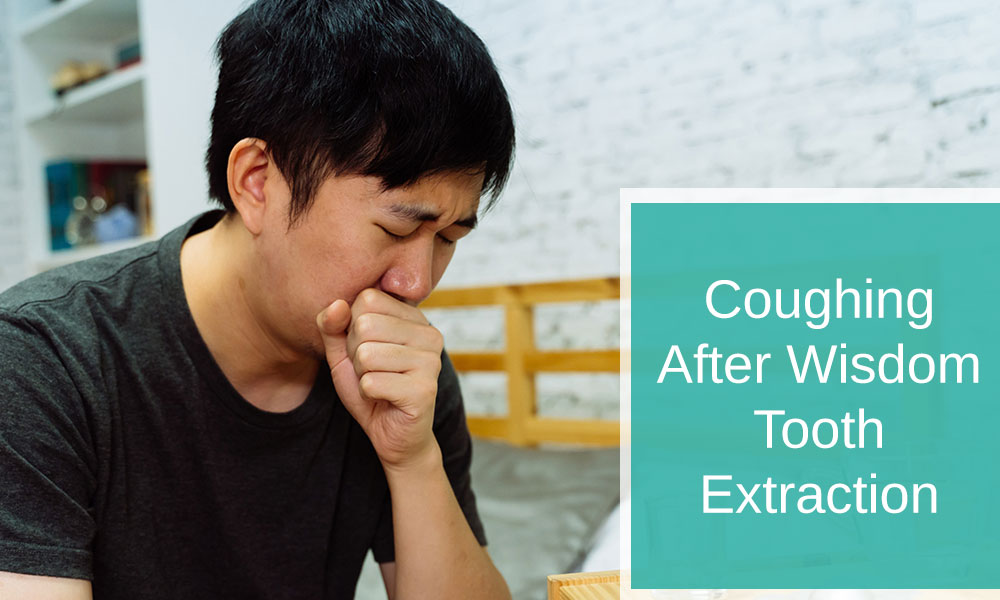The journey of wisdom tooth extraction is often filled with questions and concerns about post-operative effects, including the unexpected experience of coughing. Let’s dive deeper into this phenomenon to understand its implications and how to manage it effectively.
Usually, Cough and wisdom tooth extraction are not related.
Understanding Wisdom Tooth Removal
The Pre-Extraction Symptoms
Wisdom teeth can bring a host of uncomfortable symptoms like pain, difficulty in opening the mouth, and even bad odor. These issues often lead individuals to consult an Oral & Maxillofacial Surgeon for extraction.
The Procedure
Wisdom tooth extraction, especially if the tooth is impacted, involves cutting into the jawbone and can be quite an effort. Post-operative instructions are critical for recovery, as the procedure can irritate the throat and adjacent tissues.
Common Myth – Holes in Teeth
Holes in Teeth that are not caused by cavities are often a common aftermath myth as a result from wisdom teeth extraction. However, this is not true.
Cough: A Reflex Action
The Nature of Coughing
Coughing is a natural reflex essential for keeping the lungs clear of irritants. It happens when your lungs, throat, or nose become irritated, causing your diaphragm to contract and expel air forcefully through your throat, hitting the mucus and expelling it.
Common Causes
Coughs can be triggered by infections, allergies, smoke, or foreign objects in the airway.
Is Coughing Beneficial?
A Protective Mechanism
Generally, coughing is a positive sign that your body is working to protect your lungs. However, it’s not always beneficial, especially in certain medical situations.
Types of Coughs
Coughs are categorized as dry (non-productive) or productive (with mucus). Treatment depends on the type and underlying cause.
When to Seek Medical Attention
Persistent coughing for more than a week, coughing up blood, or experiencing breathing difficulties warrants immediate medical consultation.
The Impact of Coughing Post Wisdom Tooth Extraction
Risk of Disrupting Healing
Post-extraction, a blood clot forms at the site, aiding in healing. Coughing can potentially disturb this clot, leading to complications like dry socket.
Addressing Post-Extraction Cough
If you experience a cough after wisdom tooth extraction, it’s advisable to consult a healthcare professional. Symptoms like severe pain, bad odor, or the appearance of a white, bone-like area at the extraction site require immediate attention from an Oral & Maxillofacial Surgeon.
Conclusion
While a cough post wisdom tooth extraction might seem unrelated, its impact on the healing process can’t be ignored. Understanding the nature of your cough and seeking timely medical advice are key to ensuring a smooth recovery. Remember, every symptom post-extraction, no matter how minor it may seem, is worth your attention for a healthy recovery.
Tags: Wisdom Tooth Extraction Recovery
